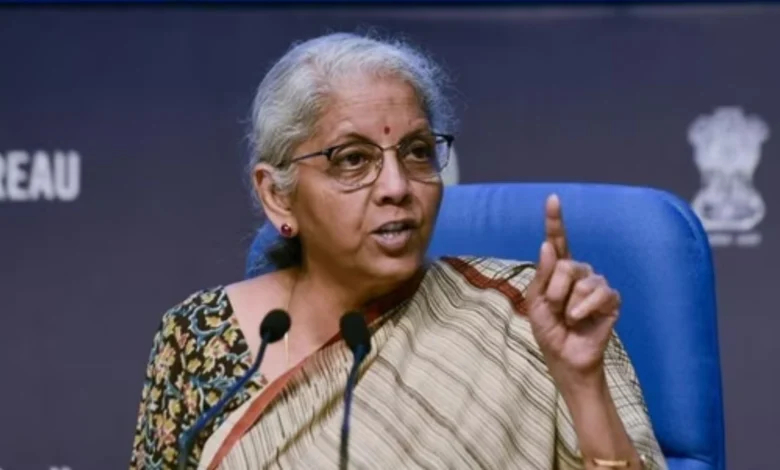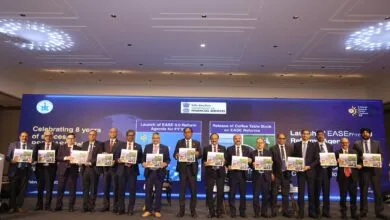8th Pay Commission: Nirmala Sitharaman Confirms that 8th Pay Commission has been set up

The discussion on the 8th Pay Commission gained momentum in the Lok Sabha on Monday, as Members of Parliament Kangana Ranaut and Saajda Ahmed raised key questions about its formation. They inquired whether the government had set up the Commission to review the salaries and pensions of central government employees and sought details about its timeline and objectives.
Government’s Response on the 8th Pay Commission
In response, Finance Minister Nirmala Sitharaman confirmed that the government has decided to establish the Eighth Central Pay Commission, though further decisions will be taken in due course. She emphasized that the impact of the Commission will only be clear once recommendations are made and approved by the government.
The government is currently gathering input from various ministries and departments, including:
- Ministry of Defence
- Ministry of Home Affairs
- Department of Personnel and Training
- State Governments
These inputs will help define the terms of reference for the Commission.
Key Questions Raised in Lok Sabha
The MPs sought clarification on the following points:
- Number of Employees and Pensioners Affected – How many government employees and pensioners will benefit?
- Financial Impact – Will the implementation of the 8th Pay Commission add financial strain on the government?
- Study on Fiscal Impact – Has the government conducted any study on its impact on fiscal policies and government spending?
- Consultations with Stakeholders – Has the government consulted employee unions, pensioners, and other relevant bodies?
The Finance Minister provided the following insights:
- As of March 1, 2025, there are 36.57 lakh civilian employees and 33.91 lakh pensioners/family pensioners under the Central Government.
- Defence personnel and their pensioners will also benefit from the recommendations.
- The financial impact will only be assessed after the Commission submits its report.
- Feedback has been gathered from multiple stakeholders for consideration in the Commission’s framework.
Meeting of the National Council and Employee Demands
The Central Government recently sought inputs on the 8th Pay Commission’s terms of reference from the National Council, the highest forum for government employees. Following this, a meeting of the Standing Committee of the National Council – JCM was held.
Key employee representatives present in the meeting included:
- M. Raghavaiya (Leader)
- C. Srikumar
- J.R. Bhosale
- Guman Singh
- B.C. Sharma
- Rupak Sarkar
- Tapas Bose
Employee Representatives’ Key Demands
During the meeting, representatives stressed the need for a comprehensive review of salary structures and benefits due to the rising cost of living. Their key demands included:
- Revision of minimum wages based on essential living costs.
- Reinstatement of the Old Pension Scheme (OPS).
- Increase in the family unit size for medical benefits under CGHS (from 3 members to 5 members).
- Special consideration for railway and defence civilian employees in the terms of reference.
- Reevaluation of salary allowances, gratuity, and retirement benefits for central government employees.
What’s Next for the 8th Pay Commission?
The government will finalize the terms of reference based on inputs from ministries, states, and employee representatives. Once formed, the Commission will analyze financial implications, recommend salary structures, and suggest reforms for government employees and pensioners.
While there is no official timeline yet, government employees are eagerly awaiting further updates on salary hikes, allowances, and pension reforms under the 8th Pay Commission.
